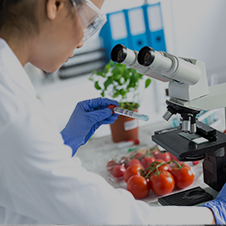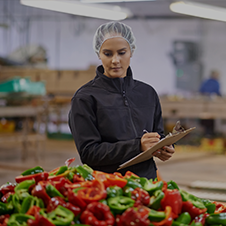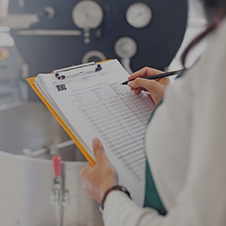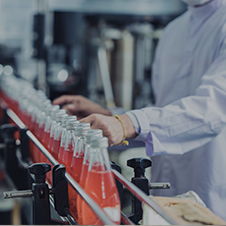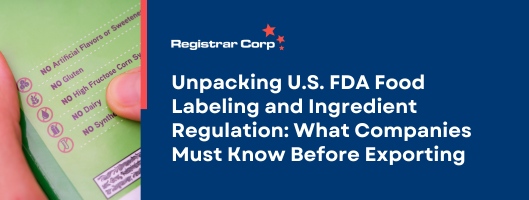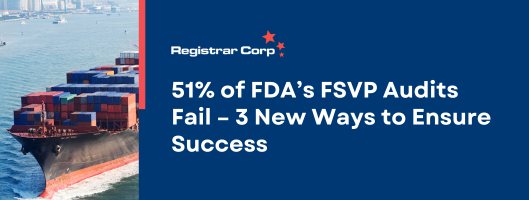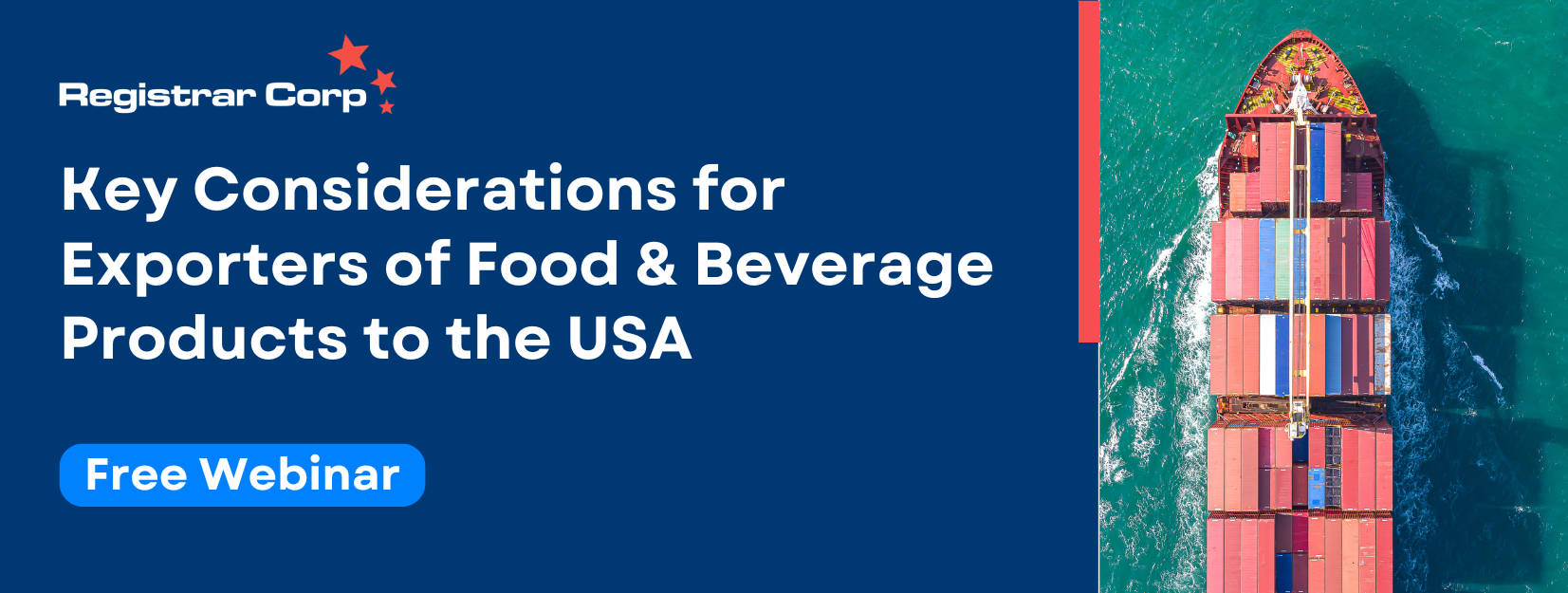Featured Food & Beverage Articles
Discover everything you need to know about FSMA and its 10 crucial rules for gaining and maintaining FDA compliance within the food and beverage industry.
Read More
Discover everything you need to know as an FSVP importer and the 8 simple steps to assure continued FSVP compliance and the safety of US public health.
Read More
Latest Food & Beverage Compliance Articles
Understand the SQF certification process and what ongoing audits require. Learn how to maintain compliance and prepare for unannounced inspections.
Read More
Learn how SQF internal audits and corrective actions drive certification success. Discover best practices for audit execution, CAPA, and continuous improvement.
Read More
Learn what to expect from SQF audits and how to prepare for certification success. Get insights into audit types, findings, and best practices for readiness.
Read More
Learn about the implementation of an SQF system for certification. Get a detailed breakdown of documentation, training, validation, and operational integration.
Read More
Learn how an SQF Gap Assessment can improve audit readiness, reduce delays, and strengthen your food safety system before certification.
Read More

Featured Food & Beverage Webinars
Food & Beverage Regulations FAQ
Who needs to register with FDA?
Any domestic or foreign facility that intends to produce and distribute the following products for the U.S. market must register with FDA:
- Food, beverages, or dietary supplements
- Cosmetics
- Animal and veterinary products
- Medical devices
- Drugs products (including OTC)
- Tobacco products
- Radiation-emitting devices (RED)
- Biologics
How often do I need to register with FDA?
All eligible domestic and foreign facilities must register and re-register or update their registration regularly.
Food, beverage, and dietary supplement facilities must register with FDA before shipping to the U.S. and renew their registration every even-numbered year between October 1 and December 31.
Medical device companies and drug facilities are required to renew their registration annually. Drug facilities must also submit a list of every drug in commercial distribution in the U.S. when renewing their registration between October 1 and December 31.
Cosmetic manufacturers and processors must register their facilities with FDA before shipping to the U.S. and renew their registration every two years between October 1 and December 31.
What happens if I forget to register by December 31?
If you forget to register your facility by December 31, you will need to re-register your facility with FDA. If you are not registered and are shipping products to the U.S., your shipments may be detained at port and held, returned, or destroyed.
What is a UFI?
A UFI is any Unique Facility Identifier recognized by FDA for registration and renewal purposes. FDA currently only recognizes DUNS numbers, unique identifiers developed by credit bureau Dun & Bradstreet, as acceptable UFIs.
Do food importers have to register with FDA?
Food importers are not required to register with FDA unless they manufacture, process, pack, or store foods in addition to importing. But it is essential that they confirm that their suppliers are registered. FDA requires that Prior Notice be submitted for all food imports which cannot be filed without the manufacturer’s registration number.
While food facility registration is not required for importers who do not take physical possession of food, under FDA’s FSMA, importers must monitor and document the compliance status of their suppliers.
How does FDA classify a “facility” or “establishment” when it comes to registration?
According to FDA, domestic or foreign owners or operators must register their place of business (also called a “facility” or “establishment”). FDA classifies each industry differently for registration purposes:
Food and Beverage: Owners, operators, or agents in charge of domestic or foreign facilities that manufacture/process, pack, or hold food for consumption in the U.S.
FDA also classifies companies producing dietary supplements with the food and beverage industry.
Drugs: Domestic and foreign establishments that manufacture, repack, or re-label drug products in the United States
Medical Devices: Owners or operators of places of business (also called establishments or facilities) that are involved in the production and distribution of medical devices intended for use in the United States (U.S.)
Cosmetics: Manufacturers, packers, and distributors of cosmetic products that are in commercial distribution in the United States
Radiation-Emitting Products: Manufacturers of any electrically-powered product that can emit any form of radiation on the electromagnetic spectrum
Tobacco: Every person who owns or operates any domestic establishments engaged in the manufacture, preparation, compounding, or processing of a regulated tobacco product
Biologics: Establishment that manufactures human cells, tissue, and cellular and tissue-based products (HCT/Ps)
Is a food license and facility registration the same thing?
According to U.S. FDA, domestic or foreign facilities that manufacture/process, pack, or hold food for consumption in the U.S. are required to register their facility with FDA. While some companies may refer to this as a license for food businesses, the only term used and accepted by FDA is a food facility registration.

